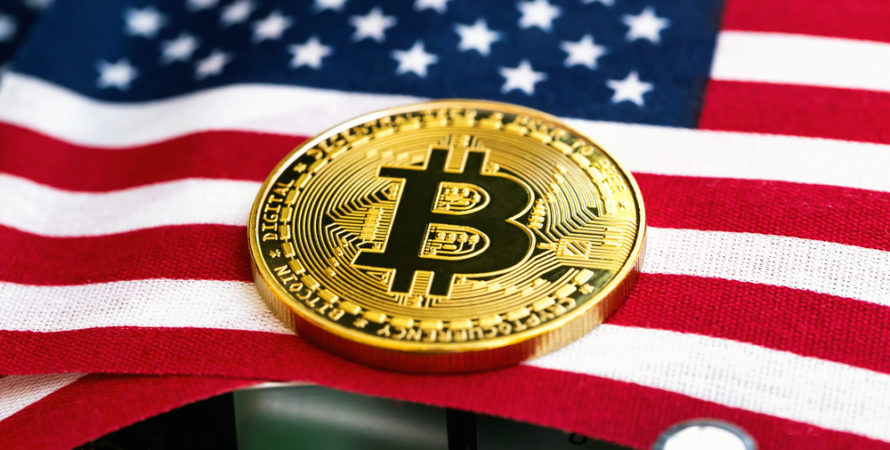
George Spencer
U.S. Treasury Department Penalized Crypto Exchange

The United States Department of the Treasury’s Office of Foreign Assets Control (OFAC) has sanctioned a Russian-based cryptocurrency exchange dubbed Suex for its role in processing crypto payments for ransomware attackers.
According to the unit of the Treasury Department, Suex was accused of processing transactions for more than eight ransomware variants, which constituted more than 40% of its transaction history.
Following the sanctions, OFAC would have blocked all trade involving Suex and U.S. entities as it moves to protect U.S. residents. In addition, citizens or firms that devise means to continue dealing with the exchange could be sanctioned in the process.
The development is the first of its kind against a cryptocurrency exchange by United States regulators.
The Growth of Ransomware Activities
Understandably, ransomware attacks have become increasingly popular since last year. The practice involves malefactors gaining control of unsuspecting users’ computers or important programs and demanding ransom before the victim can regain access.
The illicit actors usually demand payment in cryptocurrencies, especially Bitcoin (BTC) and Monero (XMR).
Last year alone, the OFAC noted that over $400 million was paid to ransomware attackers, which is more than four times what was recorded in 2019.
Commenting on the development, Janet Yellen said:
“Ransomware and cyber-attacks are victimizing businesses large and small across America and are a direct threat to our economy. We will continue to crack down on malicious actors.”
Several companies have been on the receiving end of ransomware activities, including Colonial Pipeline, which agreed to paying nearly $5 million as ransom to criminals before it was able to turn back its system on.
In July, Coinfomania reported one of the largest ransomware attacks that saw attackers demand $70 million worth of Bitcoin from Kaseya VSC, before it could restore its victims’ data.
Kaseya VSC denied paying the ransom to REvil, the group that launched the attack, in a bid to distance itself from possible sanctions from authorities.
Recall that the FBI and other law enforcement agencies had warned ransomware victims from making payments to their attackers.
In today’s statement, OFAC reiterated its stance that ransomware victims could face sanctions for making payments to illicit actors. Instead of succumbing to ransomware attackers’ demand, victims are urged to quickly report these incidents to the appropriate authorities and comply with the directives that would be given.
Latest
Blockchain
21 Feb 2026
Blockchain
13 Feb 2026
Blockchain
07 Feb 2026
Blockchain
06 Feb 2026
Blockchain
05 Feb 2026
Blockchain
03 Feb 2026












